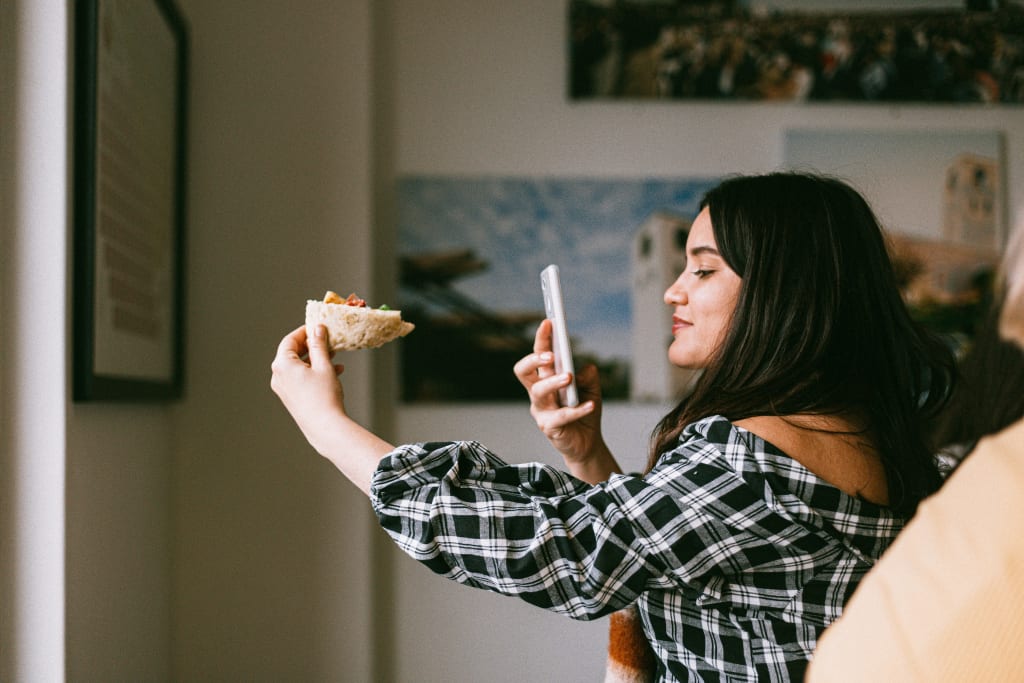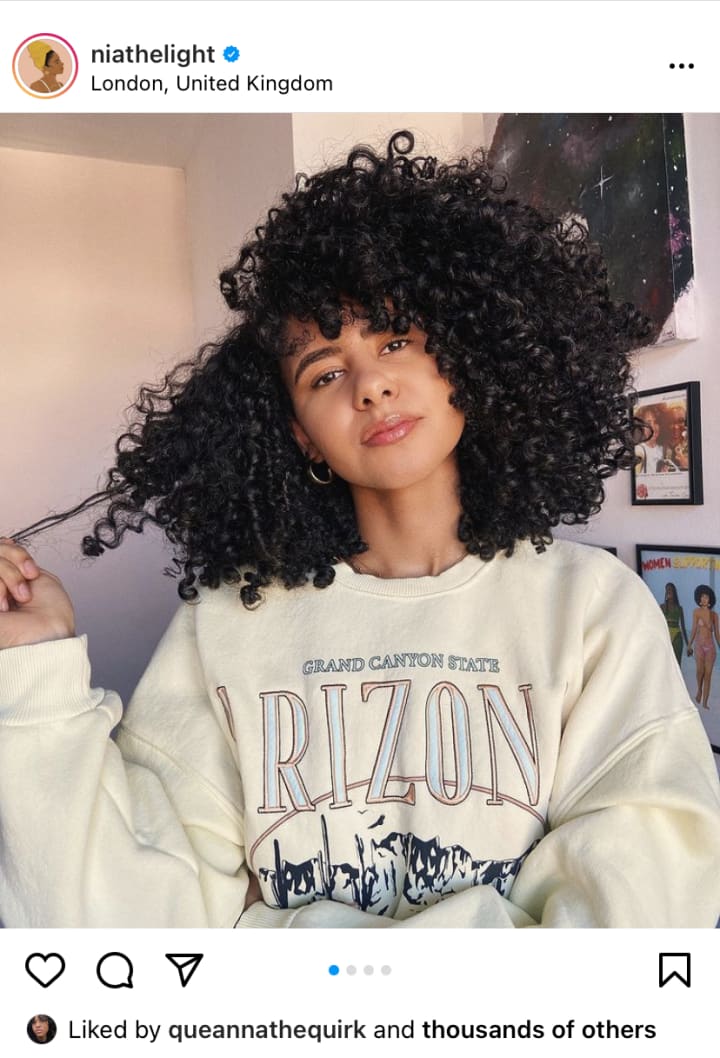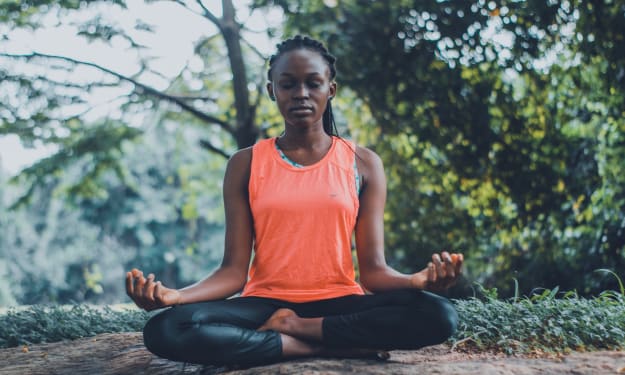The Cult of External Validation - A Deep Dive into the Psychology of 'Likes'
Why Instagram Hiding 'Likes' Is Probably For The Best

A few days ago, while testing a new feature, Instagram accidentally removed the ability to view likes for a large portion of its users. Unsurprisingly, a widespread social media freakout ensued, with many people turning to Twitter to vent their frustrations about the change. Various news outlets were also reporting on the earth-shattering news. Below are a few of my favourite reactions to the situation:
Instagram reversed the change a few hours later, releasing a statement stating that it was merely a test that encompassed more participants than they had initially intended. If you live in Canada like me, then it's likely that you've been unable to view other users' likes for more than a year now. Instagram first implemented this feature here and across a few other territories in the world. Since 2019, Instagram has robbed us of the thrill of viewing the number of likes any other person has gotten on a particular post. The phrase "and others" has replaced the numerical figure, creating an air of mystery surrounding the volume of users who enjoyed a picture. How many are there? What's their story? The world may never know.

Likewise, viewing the number of likes on my own posts requires a second step of clicking on "and others," which I often forget to do after a year of this arrangement. I haven't missed this feature since Instagram decided to axe it. Still, the widespread pandemonium generated a few days ago by those experiencing it for the first time got me thinking: why do we care about 'likes' so much? Why do we 'like' things on Instagram and other social media platforms, and why does the removal of the feature affect us so profoundly?
Why Do We 'Like' Things?
As it turns out, social media 'likes' serve several practical purposes. In traditional communication, feedback is of equal importance to the speech's content and allows for successful communication. The listener’s reaction conveys significant information about their understanding, agreement, confusion, approval or disapproval and incentivizes us to adjust our words accordingly. This is termed the communication feedback loop. Similarly, 'likes' form part of this feedback loop in the virtual communication environment. They transmit information about audience reactions, presenting data for future Instagram posts. If content receives more 'likes', the prevailing assumption is one of tacit approval. Likewise, if a particular post is not well-received, we can use this as feedback that there is room for improvement.
This type of information is invaluable for businesses whose social media reception can significantly impact their goods and services' performance. In fact, a 2017 research study charted the linkages between 'likes' on Facebook and the box office success of movies, finding that the more engagement online in the form of 'likes' in the lead up to a movie premiere, the better its performance overall at the box office. Similarly, 'likes' across social media can increase the momentum and awareness of various social issues worldwide. I would argue that 'likes' have led to the transnationalization of movements such as Black Lives Matter, #MeToo and Climate Justice.

Another significant and more insidious benefit of 'likes' is their relation to increasing one's social currency. Like buttons allow us to express our support, love and interest in specific subjects and internet personalities, thereby elevating their importance. Those persons that receive more likes in the virtual world can leverage this fact to attain more real-world benefits: money, sponsorships, book deals. This fact has allowed for the success of numerous people on the internet, creating opportunities that would have otherwise not existed. But what of the impact on those who don't enjoy this heightened social currency? And is it potentially problematic to tie social importance to the attainment of likes on social media?
The Psychology of Likes - How The Hunt for 'Likes' Affects Our Brain
The feeling of receiving a 'like' on Instagram is one we're probably all too familiar with. A small, concentrated rush of happiness and maybe a slight smile as we eagerly check who has approved of our vacation pictures, the food we ate this morning or the adorable photo of our kids. Recently, research on the impact of 'likes' has revealed that our brain's reaction to receiving a social media 'like' is comparable to consuming a comfort food such as chocolate or winning an insane amount of money. Observing a sample of adolescents under MRI, researchers found the same neural circuitry that fires up when we gain rewards is activated with the receipt of 'likes' and that teenagers were particularly susceptible to this.

Innocent enough, except other studies have suggested that this has the potential to spiral into addictive behavioural patterns. That is, dependence on 'likes' for validation and social media, in general, can result in similar physical and psychological impacts as other severe forms of addiction, including gambling, drugs and sex. Furthermore, it can greatly impact one's mood and behaviour, manifesting in withdrawal symptoms and severe mental health issues such as depression and anxiety.
Why The Removal of Likes is a Good Thing
Maybe I'm biased because I am already unable to view 'likes' on Instagram, but I don't think a permanent move like this by the company is such a bad idea. At least for personal Instagram accounts. Instagram has created this false perception of life, an unattainable standard of living validated by 'likes' that convinces us that such a small achievement is of paramount importance. We are suspended in a system of constant comparison and self-doubt sustained by the simultaneous inflation of self-importance of some and the denigration of others' worth. 'Likes' dictate which body types are acceptable, what clothes we should wear, which artists are popular, which influencers are pushed by the algorithm and even which fad diets we should follow. Trapped by these thoughts, we cannot clearly see the arbitrary and socially-constructed nature of these 'likes.' It is almost too easy to imagine Instagram as real life and 'likes' as the currency with which we pay our way through it. One Twitter user phrased it best:
Removing 'likes', in many ways, allows us to see things more clearly and can help alleviate some of the mental health issues that have become increasingly more prominent with the advent of the social media age. We can't compare our pictures' popularity with other people because we will have absolutely no idea how their image performed. The mysterious 'and others' on their photo transforms into code for 'it doesn't matter...at all.' It really doesn't, and there is great freedom to be achieved when we recognize this.
---------------------------------------------------
If you liked this post, please be sure to like this post! If you're able to leave a small tip, it'd be greatly appreciated and also, feel free to check out some of my latest stories. I recommend starting with this one:
About the Creator
Laquesha Bailey
22 years old literally, about 87 at heart. I write about self care, university life, money, music, books and whatever else that piques my interest.
@laqueshabailey






Comments
There are no comments for this story
Be the first to respond and start the conversation.